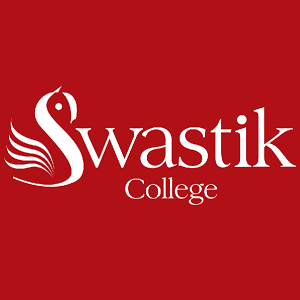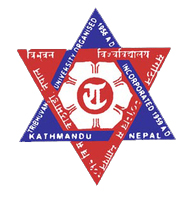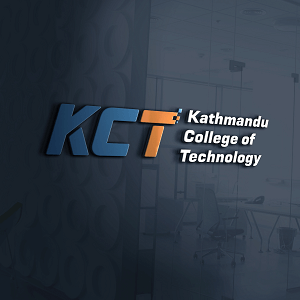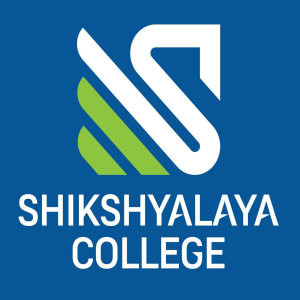Overview
BSc CSIT at Samriddhi College, Lokanthali–Bhaktapur
BSc CSIT at Samriddhi College, Lokanthali Bhaktapur, Tribhuvan University affiliation, serves students who want strong programming, database, networking, and web foundations.
The program runs for eight semesters and follows TU’s Institute of Science and Technology (IoST) structure. Course delivery includes lectures, labs, tutorials, and guided projects that match TU evaluation standards and internal assessments.
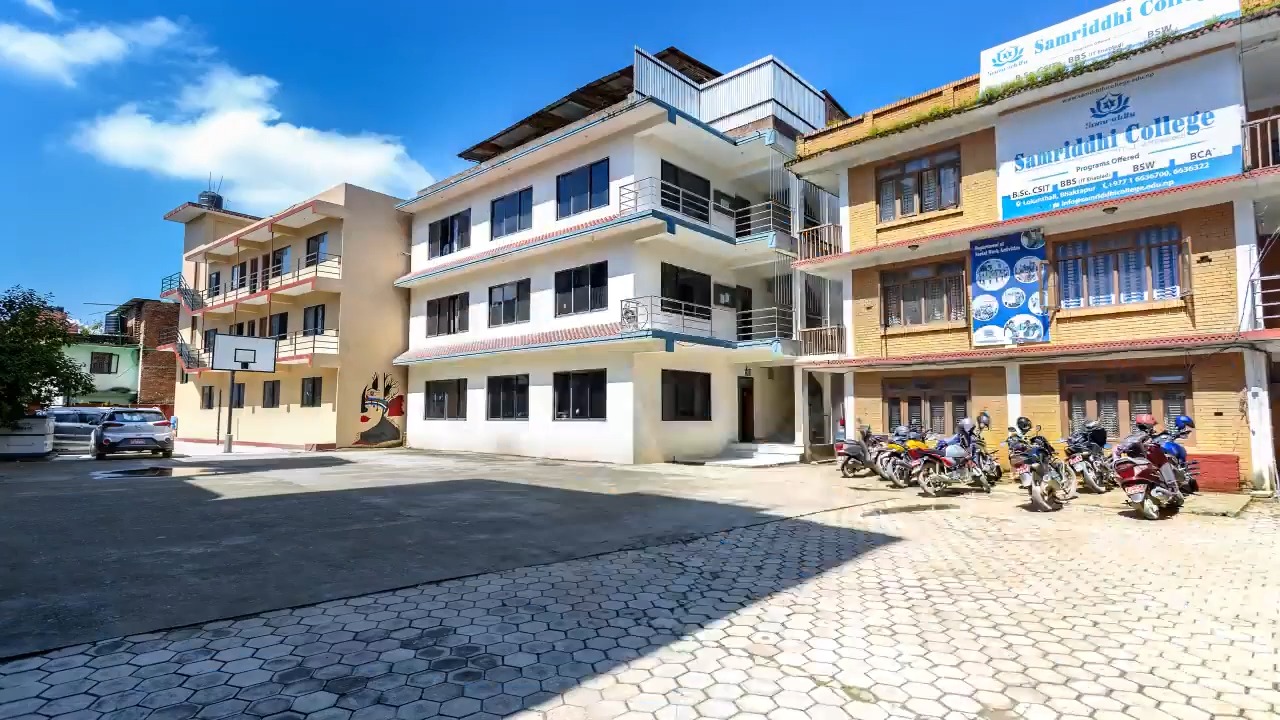
Highlights
-
Duration: 4 years (8 semesters)
-
Affiliation: Tribhuvan University, IoST
-
Seats at Samriddhi College: 48
-
Mode: Theory, labs, projects, internal evaluation, TU final exams
-
Support: Counseling, skill workshops, and internship coordination
Curriculum Details
Core units cover Programming (C, C++, Java, Python), Data Structures and Algorithms, Database Systems, Operating Systems, Computer Networks, Web Technologies, Mathematics for Computing, and Software Engineering. Electives expand into areas such as Artificial Intelligence, Data Science, Machine Learning, and Cybersecurity. Lab work runs alongside theory so students test code, benchmark algorithms, write SQL queries, configure basic networks, and deploy small web applications. Later semesters include capstone work that demands version control, documentation, testing evidence, and a final presentation.
Objectives
The course builds problem-solving habits, clear coding style, and system thinking. Students learn to break problems into steps, choose appropriate data structures, and justify trade-offs in time and space. Teamwork, documentation, and presentations receive steady attention so graduates can explain decisions to technical and non-technical audiences.
Scope
Graduates enter software development, web and mobile engineering, database administration, networking, QA/testing, and IT officer roles. Some students target analytics and security after focused electives or short certifications. Many pursue Master’s study in CS/IT, data science, or related fields inside Nepal or abroad.
Learning Outcomes
-
Write programs using structured and object-oriented paradigms
-
Apply algorithmic analysis to select efficient approaches
-
Model data, normalize tables, and manage transactions in SQL
-
Explain routing, switching, and basic security practices
-
Build client–server web apps and handle sessions, auth, and APIs
-
Document and present a working project with evidence of testing
Skill Development Modules
-
Git workflows and issue tracking
-
Linux command line and shell scripting
-
SQL tuning, indexing, and backup basics
-
Front-end fundamentals (HTML/CSS/JavaScript) and a server framework
-
Unit testing, bug reports, and release notes
-
Technical writing, resume drafts, and interview drills
Teaching Methodology
Faculty combine whiteboard problem solving, code walkthroughs, and supervised lab tasks. Weekly assignments keep focus on fundamentals. Mini-projects simulate team environments with milestones and peer review. Guest sessions and alumni talks connect coursework to workplace expectations and entry-level hiring practices.
Admission Requirements
-
Qualification: +2 Science or equivalent with Physics and Mathematics (100 marks each) and TU minimum grades
-
Entrance: IoST two-hour objective test; sections—Mathematics 25, Physics 25, Chemistry 25, English 15, Computer-related 10; pass mark 35/100
-
Documents: SEE and +2 credentials, migration, citizenship/ID, photos, and entrance admit card/result sheet
Career Opportunities
Entry roles include Software Developer, Web/App Developer, Database Administrator (junior), Network Administrator (junior), QA Engineer, and IT Officer. Organizations include software firms, banks, service companies, NGOs, and public bodies. Growth paths lead toward data engineering, cloud platforms, security analysis, and product engineering with experience and focused training.
Scholarships and Financial Aid
Merit categories apply for the first year based on grades; continuation follows performance rules. Students pay TU registration and examination fees, internal examination fee (per term), TU service charges, and activity-related costs for tours, field visits, or internships as applicable.
Why Choose This Course?
Students receive a clear path from fundamentals to delivery. Labs and projects create evidence of skill, while counseling and workshops help prepare for internships and interviews.
The TU framework anchors learning outcomes and assessments, which supports academic mobility across Nepal’s higher education system.
Conclusion
BSc CSIT at Samriddhi College gives structured computing education with practical depth. Graduates finish with code samples, project artifacts, and baseline experience that support entry-level roles or postgraduate study.
Contact Samriddhi College's administrative office for detailed information on the BSC CSIT, including fees, scholarships, facilities, counseling, eligibility criteria, etc.


